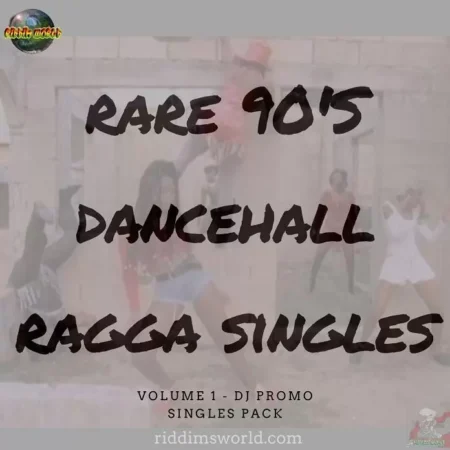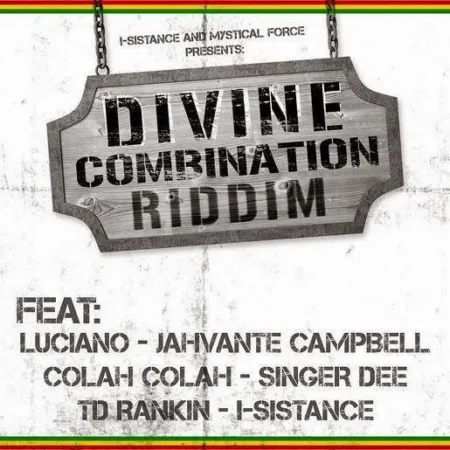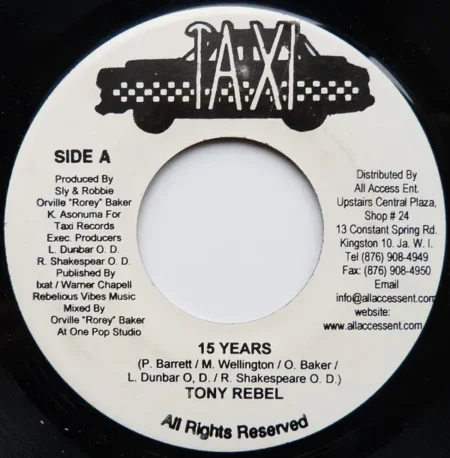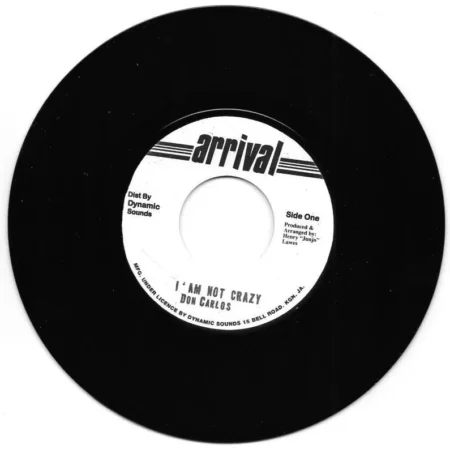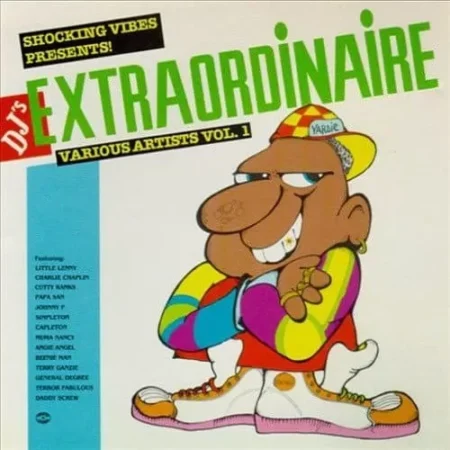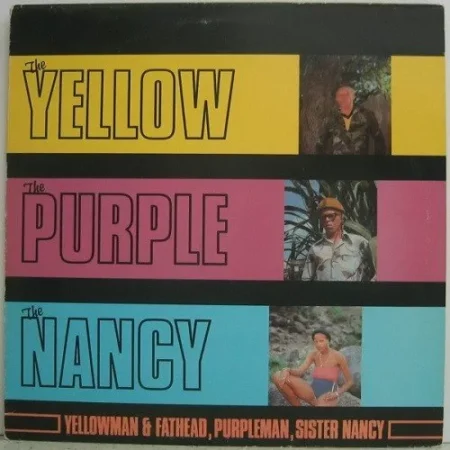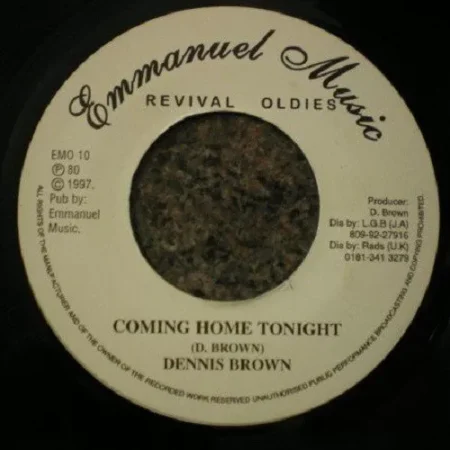https://www.youtube.com/watch?v=K6_z9pN5F1E DJ ULTIMATE RARE 90’s DANCEHALL RAGGA SINGLES VOL 1 and 2: 14 K -…
Sister Nancy
Sister Nancy, born Ophlin Russell-Myers on January 2, 1962, is a Jamaican reggae artist known for her pioneering work in the dancehall genre. She grew up in Kingston, Jamaica, in a family of musicians and began performing as a child.
Sister Nancy gained international recognition in 1982 with the release of her debut album “One, Two,” which featured the hit song “Bam Bam.” The song, which sampled the riddim from the 1966 song “Stalag 17,” became a classic in the dancehall genre and has been sampled by many other artists in various genres.
Throughout her career, Sister Nancy has released several successful albums and singles, and has collaborated with many other notable reggae artists. She is known for her powerful voice and her ability to blend traditional reggae sounds with elements of dancehall, hip hop, and R&B.
Sister Nancy is also recognized as a trailblazer for women in the reggae and dancehall genres. As one of the few female artists in a male-dominated industry, she paved the way for other women to break into the music scene and helped to bring attention to issues such as sexism and gender inequality.
In addition to her music career, Sister Nancy is also an advocate for social justice and environmental sustainability. She has worked with several charitable organizations, and her music often addresses issues such as poverty, police brutality, and climate change.
Sister Nancy continues to tour and perform, and her music has earned her a dedicated following and critical acclaim. She is regarded as one of the most influential reggae artists of her generation, and her legacy as a pioneer in the dancehall genre and a champion for women’s rights and social justice remains secure.
A serious promo selection for any dancehall DJ featuring some hit singles from the 80s,…
DIVINE COMBINATION RIDDIM PART 2 – I-SISTANCE | MYSTICAL FORCE SOUND 2015 Tracklist: Colah Colah…
TAXI RIDDIM produced by Sly & Robbie, Orville “Rorey” Baker and K. Asonuma for Taxi…
I’M NOT GETTING CRAZY RIDDIM / WORRIES IN THE DANCE ? 1979-80s – VARIOUS PRODUCERS…
DJS EXTRAORDINAIRE VOL 1 – VP RECORDS 198X Tracklist: Angie Angel – Agony Beenie Man…
DISEASES RIDDIM aka MAD MAD RIDDIM aka GOLDEN HEN RIDDIM (1967-2000s) Tracklist: Admiral Bailey -…
THE YELLOW THE PURPLE AND THE NANCY 1982 Tracklist: Purpleman – Feeling Irie Purpleman -…
Stalag Riddim (198x) (199x) (20xx) Tracklist: Anthony B – One Sound (DubPlate – Stalag Riddim)…
I’M NOT GETTING CRAZY RIDDIM produced by EMMANUEL MUSIC 1982 Tracklist: Dennis Brown – Coming…
A VERY LONG OLD SCHOOL DANCEHALL REGGAE MIXTAPE ….PreeTracklist:1.RED FOX AND SCREECHIE DAN – POSE…

